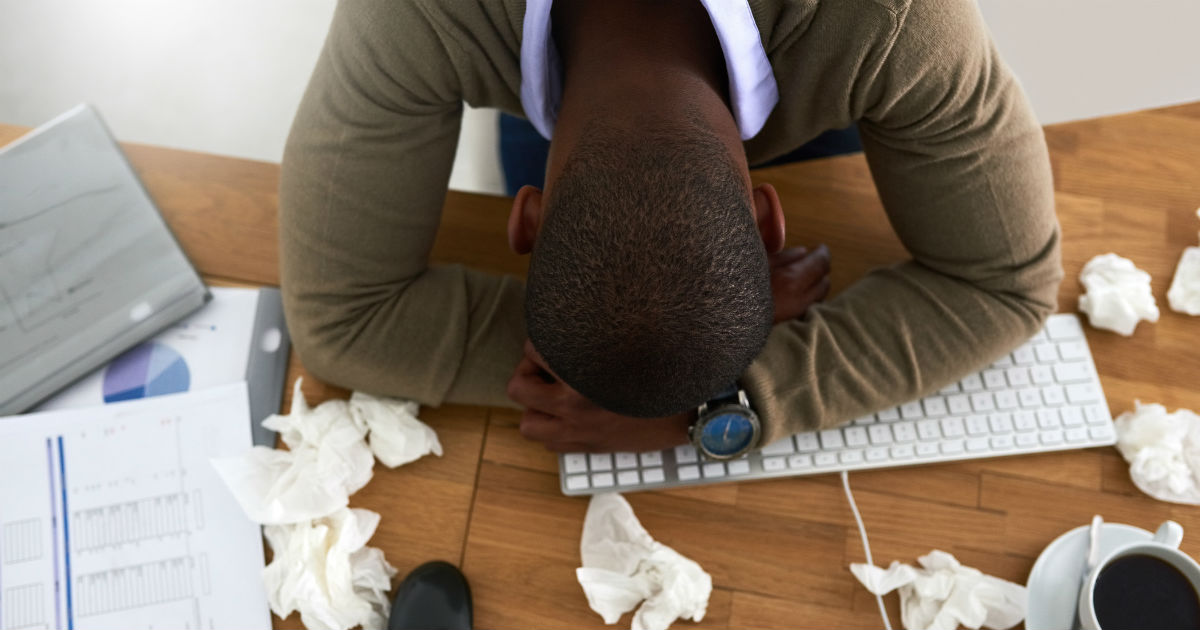
Scientists have long studied the effects of stress on health. When under stress, your heart rate, blood pressure and breathing rate increases. We know that some short-term stress can be protective and beneficial by triggering our fight-or-flight response, keeping us alert and supporting the immune system.
However, constant stress over a prolonged period of time may harm your health. Chronic stress has been associated with weakened immune function, increased susceptibility to infection, GI issues, migraines, and worsening of conditions such as depression and heart disease.
While a definite link between stress and the development of cancer has not been established, some research suggests chronic stress may accelerate the progression of cancer if you already have the disease. These experimental studies suggest that psychological stress can affect a tumor’s ability to grow and spread, and may promote metastasis.
Cancer patients not only contend with the stress of everyday life, they also face worries associated with a diagnosis, the challenges of treatment, and fear of recurrence. It’s important to find healthy coping strategies, as prolonged stress can take a toll on your overall health.
Here are 10 tips for managing stress when you have cancer:
Identify the source of stress. Keep a stress awareness diary and chart stressful events, including the date, time and symptoms that occurred during the stressful event.
Be open with your doctors. During appointments, speak openly about your symptoms and concerns. Set realistic goals and develop a plan for achieving them.
Prioritize tasks. Break large tasks into smaller, more manageable ones. Plan out your day and tackle one task at a time. Save your energy for activities that are most important to you.
Accept help. Be specific about what you need, such as cooking, cleaning, shopping, laundry or child care. Some websites provide tools for coordinating help from others.
Practice behavioral health techniques. Try relaxation techniques such as deep breathing, guided imagery, meditation, laughter therapy, aromatherapy, Reiki therapy, Tai Chi, QiGong or yoga.
Make time for hobbies and interests. Even if it's just for a few minutes, take some time for yourself each day. Watch a movie, paint, listen to music, read, take a warm bath or call a friend.
Exercise regularly. Even light exercises and gentle stretching can help relieve muscle tension and stress. Choose activities you enjoy, such as walking, swimming, gardening, dancing, etc.
Eat right. A healthy, balanced diet can give you more energy to deal with daily stressors. Eat small meals throughout the day and stay hydrated. Avoid sugar, alcohol and caffeine.
Know your limits. Listen to your body and take time to rest. Get plenty of sleep. Set limits and say no to requests that make you feel overwhelmed.
Confide in others. Share your concerns with family and friends. Join a support group. Ask your doctor for a referral to a psychiatrist, psychologist, social worker, pastoral counselor, etc.

